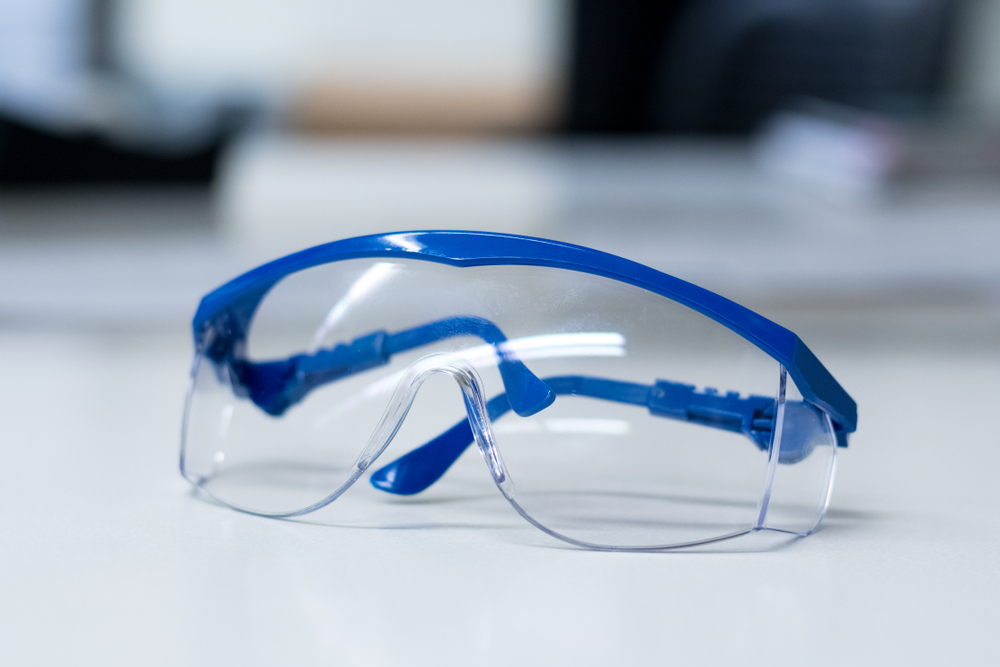Introduction
Prescription safety glasses are essential for individuals who require vision correction and work in environments where eye protection is necessary. From construction sites to laboratories, these glasses provide a dual function—correcting vision while shielding eyes from hazards like dust, debris, and chemicals. This guide will cover everything you need to know, from their benefits to how to choose the right pair.
What Are Prescription Safety Glasses?
Prescription safety eye glasses are eyewear designed to offer both vision correction and protection against workplace hazards. Unlike regular glasses, they are made from impact-resistant materials and meet safety standards such as ANSI Z87.1, OSHA, and EN 166.
Why Are Prescription Safety Glasses Important?
- Dual Protection: Clear vision and eye safety in one pair.
- Compliance: Meets workplace safety regulations.
- Durability: Made from strong materials to withstand impact and chemicals.
- Comfort: Designed for all-day wear with ergonomic frames.
Key Features of Prescription Safety Glasses
- Impact-Resistant Lenses: Made from polycarbonate or Trivex.
- Anti-Scratch and Anti-Fog Coatings: Enhance durability and clarity.
- Side Shields: Protect against flying debris.
- UV Protection: Reduces eye strain from harmful rays.
- Custom Fit: Adjustable frames for maximum comfort.
Industries That Require Prescription Safety Glasses
- Construction and Manufacturing: Protection from flying debris and dust.
- Healthcare and Laboratories: Shield against chemical splashes and biohazards.
- Automotive and Metalworking: Prevents eye injuries from sparks and sharp particles.
- Sports and Outdoor Activities: Protection during high-impact activities.
How to Choose the Best Prescription Safety Glasses
- Check Safety Standards: Look for ANSI Z87.1 or OSHA compliance.
- Lens Material: Polycarbonate is lightweight and impact-resistant.
- Frame Fit: Ensure a snug but comfortable fit.
- Coatings and Features: Anti-fog, anti-scratch, and UV protection are essential.
- Prescription Compatibility: Verify that your lenses match your vision correction needs.
FAQs
Can I get prescription safety glasses with bifocals?
Yes, bifocal and progressive lenses are available for safety glasses.
Are prescription safety glasses covered by insurance?
Many insurance plans cover them, especially for workplace use.
How do I clean prescription safety glasses?
Use a microfiber cloth and lens cleaner; avoid abrasive materials.
Where can I buy prescription safety glasses?
You can purchase them from certified optical stores or online retailers specializing in safety eyewear.
Conclusion
Prescription safety glasses are a crucial investment for anyone needing vision correction in hazardous environments. By selecting the right pair, you ensure both safety and comfort, allowing you to work efficiently without compromising your eyesight.




